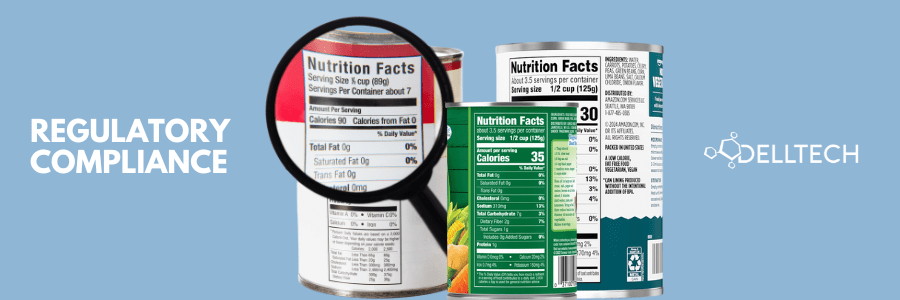By: Ivy Tang, Product Safety Specialist, email
Under the Canada Consumer Product Safety Act (CCPSA), it is prohibited to manufacture, import, or sell a consumer product that is dangerous to human health or safety. These issues may come to light through consumer or industry incident reporting, recall monitoring, or emerging new data.
In the event that Health Canada conducts an inspection on your consumer product and finds it non-compliant, you may receive a letter from a compliance officer, titled ‘Inspection of the process of consumer chemicals and containers classification.’ The officer assigned to your case will outline the infractions of the non-compliant product(s) and list the necessary corrective actions, along with dates for completion. The typical timeline for corrective action is only two weeks, during which you must provide Health Canada with the information they need. In addition, Health Canada will likely request a Stop Distribution. Common corrective actions include submission of test data to justify a CCCR 2001 hazard classification, and formatting amendments on the label.
It is imperative that the corrective actions be completed within the timeframe, or else a Mandatory Recall may be issued. Upon receiving a letter from Health Canada, it is strongly advised that you immediately acknowledge receipt of the information and keep the officer updated of your progress. You may be able to negotiate an extension if you have demonstrated due diligence, although this is at the discretion of the officer.
If Health Canada is not satisfied with the data provided, a Voluntary Recall of your product(s) may be issued. You will need to confirm this in writing, along with an action plan to address the corrective measures, by the specific dates outlined by the Officer. Failure to do so may result in monetary penalties.
If you have been approached by Health Canada and are unsure of the next steps, Dell Tech can help you navigate this process. As experts on consumer labeling compliance, we have worked with various clients and officers to prevent mandatory recalls. Our in-house lab performs a variety of test methods such as CCCR Schedule 1 Flame Projection, Flash Point, and Corrositex, making Dell Tech a one-stop shop for all your consumer regulatory needs. Contact us today for more details.
Contact:
Dell Tech Laboratories
Ivy Tang, B.Sc.
Product Safety Specialist
itang@delltech.com
519-858-5021 ext 2043




